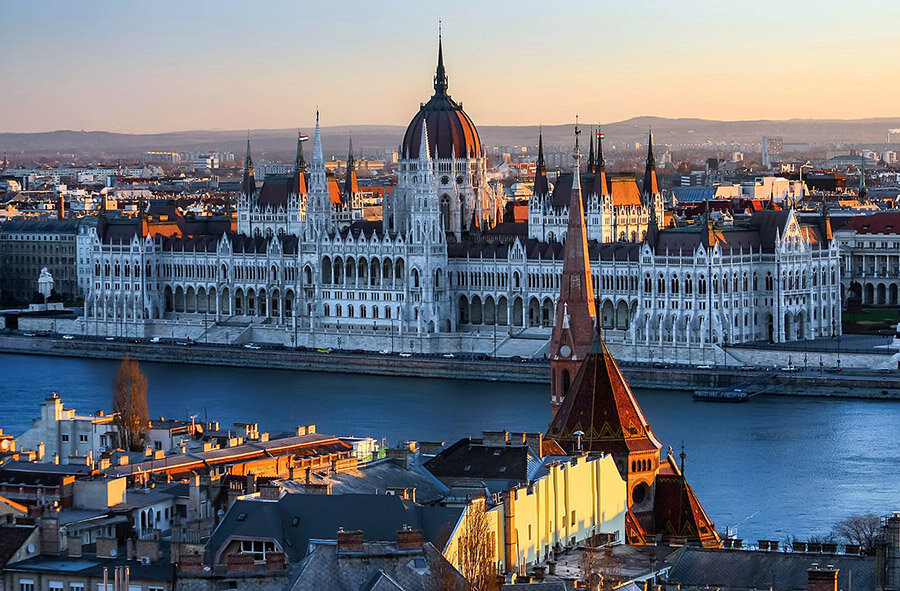Who’s Buying Property in Hungary: Trends, Restrictions, and Outlook

Hungary’s real estate market is once again attracting attention from foreign buyers. Market activity is rebounding, with a notable 23% increase in applications from non-EU citizens compared to 2023, according to Duna House.
In 2024, a total of 3,647 applications were submitted to purchase real estate in Hungary, of which 3,485 were approved. Chinese nationals accounted for the largest share with 1,106 transactions, marking a 71% increase year-over-year. Vietnamese citizens ranked second, holding a 16% share. Ferenc Máté, Deputy CEO of Duna House, noted that foreign buyers represented 2.8% of total property sales. Budapest accounted for 76% of all foreign transactions.
The highest number of purchases occurred in the city’s 7th district (15% of sales), followed by Terézváros, Józsefváros, and the 13th district (each 12–13%), according to Daily News Hungary. Outside Budapest, the most popular regions were Pest (5%) and Győr-Moson-Sopron (3%), with Sopron, Mosonmagyaróvár, Pécs, Szeged, and Debrecen drawing interest.
Previously, 24.hu reported that Chinese and German nationals were the most active foreign investors, citing data from Otthon Centrum. Chinese buyers preferred Budapest’s central districts, paying an average of HUF 76 million (€188,000)—significantly above the national average of HUF 48.9 million (€121,000). German investors targeted cheaper properties in Hungary’s southwest border areas like Bolhó, Bélavár, Babócsa, Zalaszentbalázs, and Zalakomár, with an average purchase price of HUF 27.8 million (€69,000).
Most foreign buyers paid in cash (95.3% of transactions). Over half (51.6%) chose brick-built resale apartments in Budapest, while outside the capital 42.2% preferred single-family homes. Interest in new developments and panel apartments was minimal. Male buyers represented 59.4% of foreign purchasers.
Amid rising foreign demand and property prices, Hungary’s authorities introduced tighter market regulations. Local governments can restrict property sales if buyers aren’t residents of the municipality. Lawmakers are also discussing expanding Hungarians’ preemptive purchase rights.
Additionally, Hungary’s “guest investor” program removed the residency-by-property-purchase option. Previously, foreigners could obtain a 10-year residence permit by buying property worth at least €500,000. Starting in 2025, residence permits are now available for investing €250,000 in Hungarian investment funds or €1 million in projects of national interest via designated asset management funds. This shift appears to have dampened interest, with only 29 applications filed in two months, mainly from Chinese and Vietnamese nationals.
Rental yields in Hungary averaged 5.11% in Q1 2025, according to Global Property Guide. Budapest led with 5.39%, peaking at 5.64% for studio apartments in Józsefváros (District 8), priced around €100,000 and renting for €470/month.
Nyíregyháza followed with 5.30%, rising to 5.36% for two-bedroom flats averaging €110,513 and renting for €494/month. Other top-performing cities were Pécs (5.29%), Debrecen (5.01%), and Kecskemét (4.57%). Analysts note Hungary’s yields are modest, in line with broader European trends.
While Hungary’s real estate market is seeing renewed foreign interest, tightening regulations and revised residency programs may reshape future demand.








